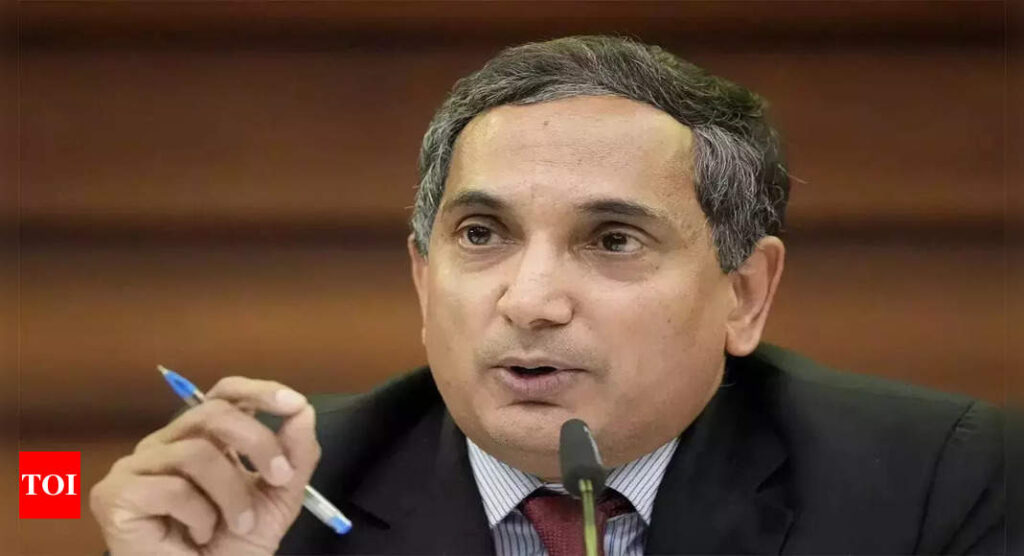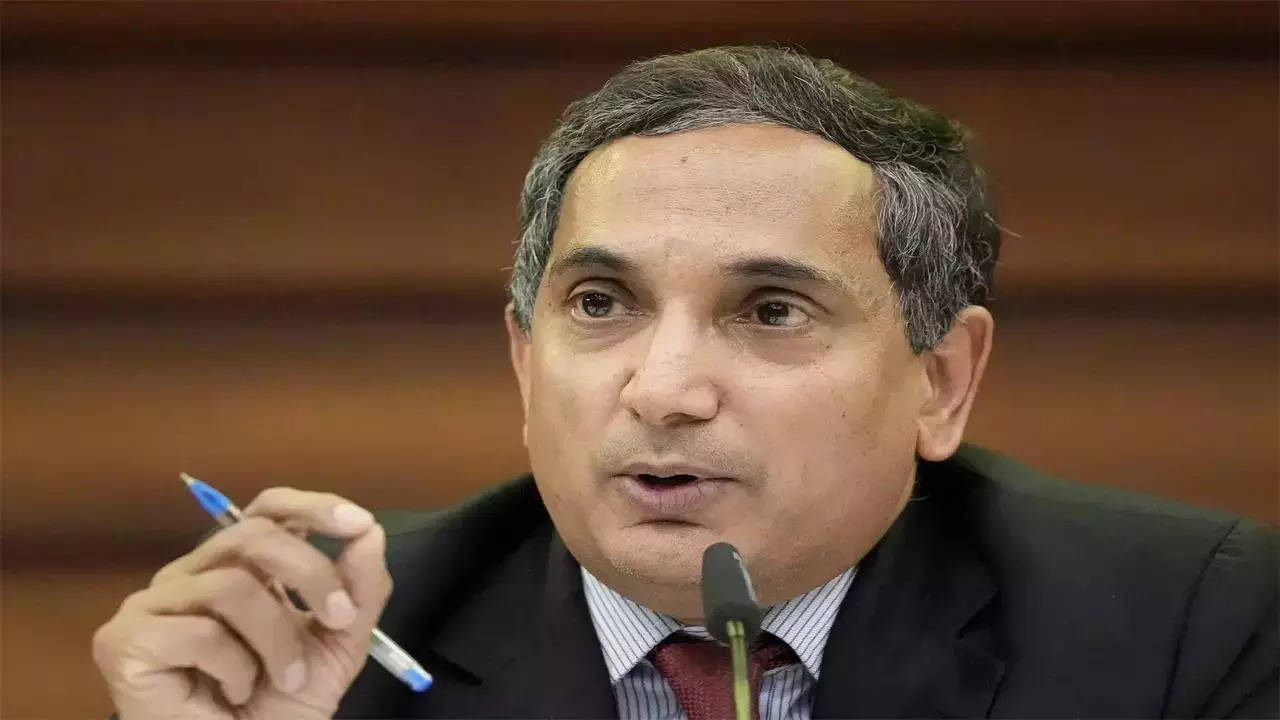[ad_1]
MUMBAI: Private sector expenditure and consumption, not only in India but in most of the world, are the biggest hurdles for the global growth engine to fire up, economists at a discussion over IMF’s ‘regional economic outlook’ for Asia said. The main reasons for these two growth factors slacking are the global uncertainty levels and the interest rate, both of which are at multi-year highs, they added.
Most countries are focussed on short-term policies, IMF Asia-Pacific department director Krishna Srinivasan said. “Rightly so. But short-termism has to give way to longer-term reforms which will give boost to economies of this region,” he said.
Bank of Baroda chief economist Madan Sabnavis said that private investments in the country have not picked up even from the pre-pandemic level. A large part of the overall investments that are happening are coming from the central government, which has certain plans like roads and railways. The problem is with the consumer-oriented industries. “We are not creating the kind of jobs that we seem to be creating,” he said. The turnaround is going to be a slow process, he said.
Private sector investments data in the first two quarters shows a lacklustre trend and this despite boosts from large orders for aircraft from some private airlines. “Otherwise, we see limited investments in the infrastructure sector and nothing substantial in the consumer sector.” The country needs to create jobs, create consuming power, which will be self-reinforcing when it comes to investments, he said. L&T Finance Holdings group chief economist Rupa Rege-Nisture said there is unevenness in the consumption recovery in India, where premium products are selling well but products that reflect rural demand are showing flat or negative growth. If you see the GST receipts and its break-up, a major chunk of it is from high-end consumption items, she said. “At the mass level, we have not seen any upsurge in purchasing power,” she said.
Most countries are focussed on short-term policies, IMF Asia-Pacific department director Krishna Srinivasan said. “Rightly so. But short-termism has to give way to longer-term reforms which will give boost to economies of this region,” he said.
Bank of Baroda chief economist Madan Sabnavis said that private investments in the country have not picked up even from the pre-pandemic level. A large part of the overall investments that are happening are coming from the central government, which has certain plans like roads and railways. The problem is with the consumer-oriented industries. “We are not creating the kind of jobs that we seem to be creating,” he said. The turnaround is going to be a slow process, he said.
Private sector investments data in the first two quarters shows a lacklustre trend and this despite boosts from large orders for aircraft from some private airlines. “Otherwise, we see limited investments in the infrastructure sector and nothing substantial in the consumer sector.” The country needs to create jobs, create consuming power, which will be self-reinforcing when it comes to investments, he said. L&T Finance Holdings group chief economist Rupa Rege-Nisture said there is unevenness in the consumption recovery in India, where premium products are selling well but products that reflect rural demand are showing flat or negative growth. If you see the GST receipts and its break-up, a major chunk of it is from high-end consumption items, she said. “At the mass level, we have not seen any upsurge in purchasing power,” she said.
[ad_2]
Source link











More Stories
India’S Growth Forecast: S&P ups India’s FY’24 growth forecast to 6.4% on robust domestic momentum
India to remain fastest-growing major economy, but demand uneven: Poll
Jack Ma: Jack Ma gets back into business with ‘Ma’s Kitchen Food’